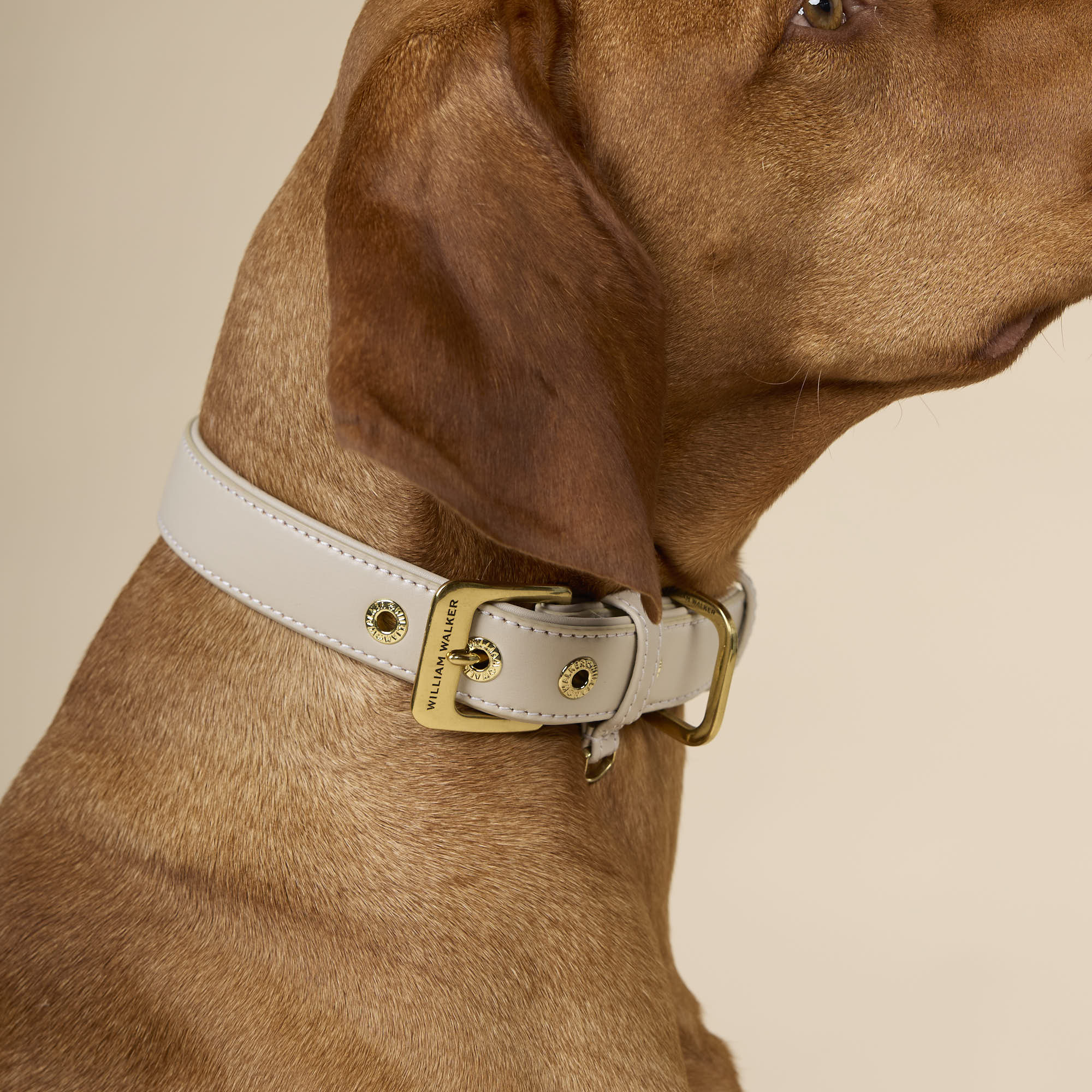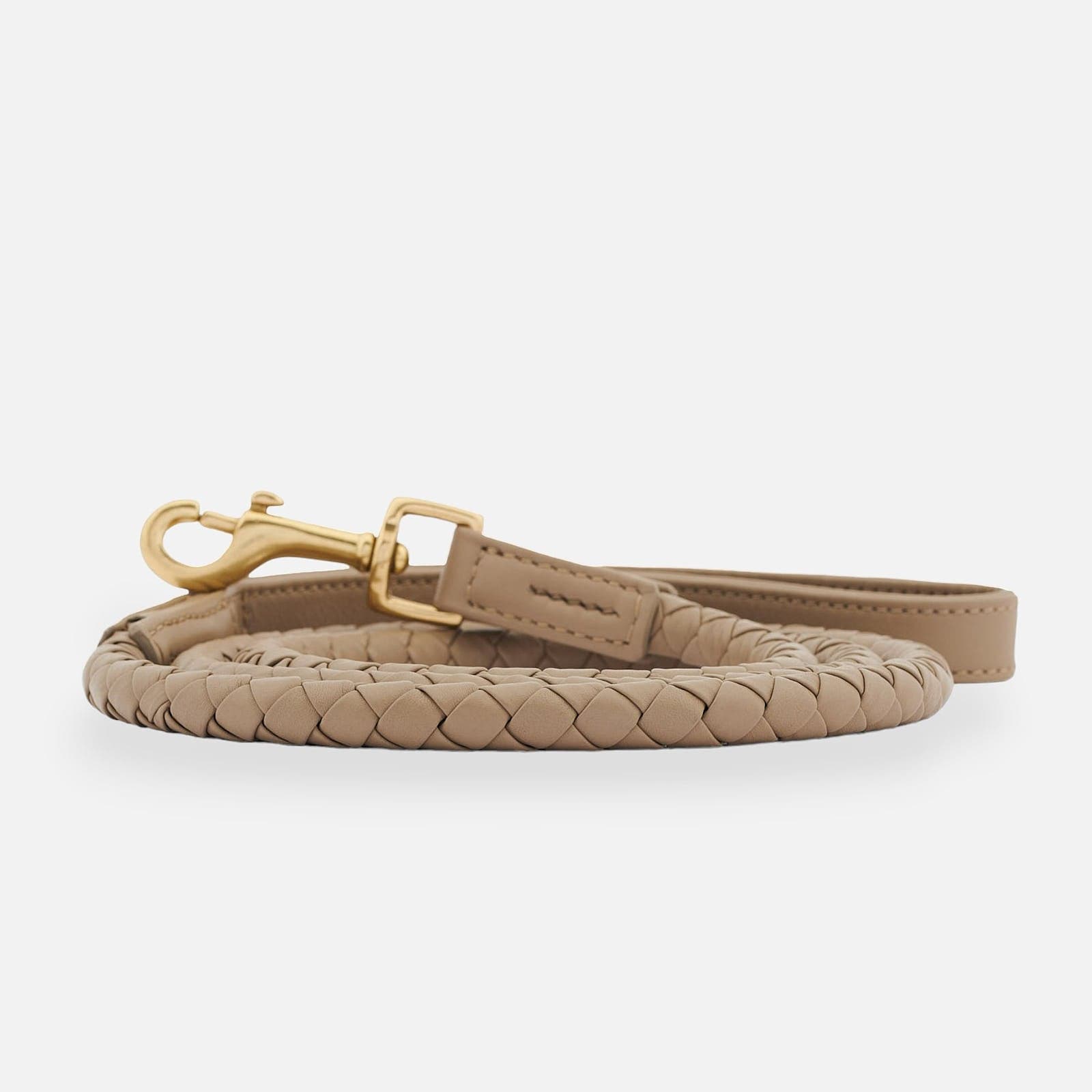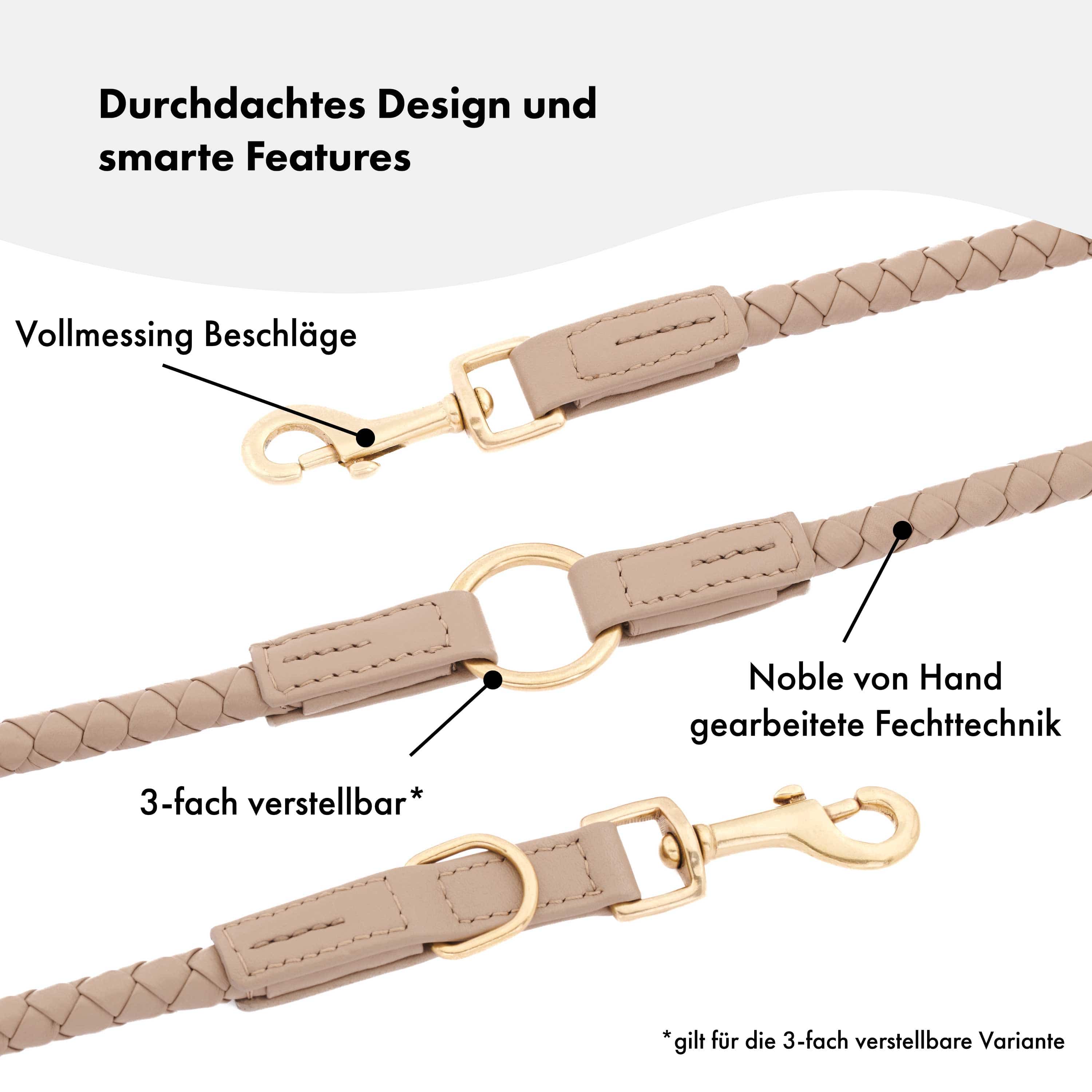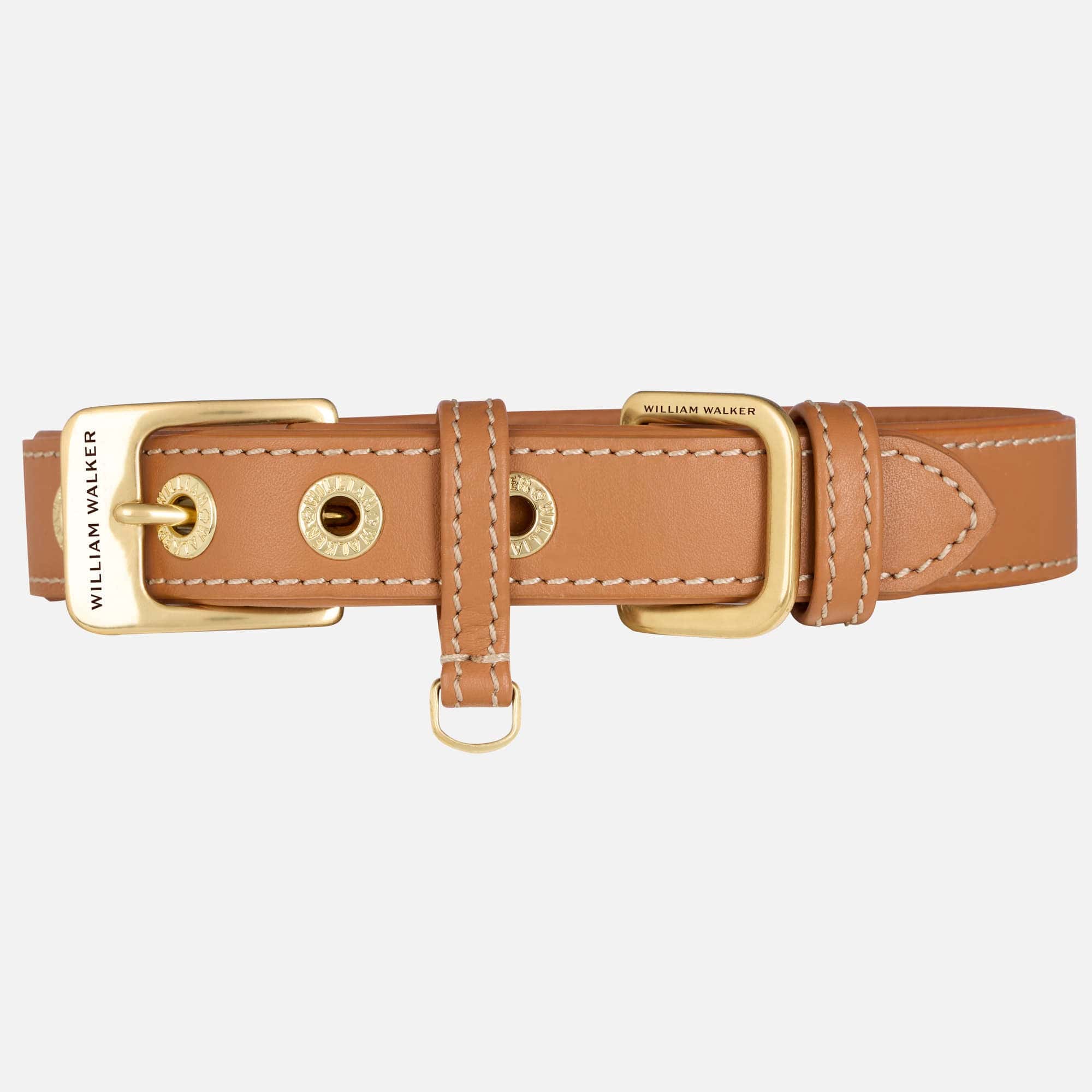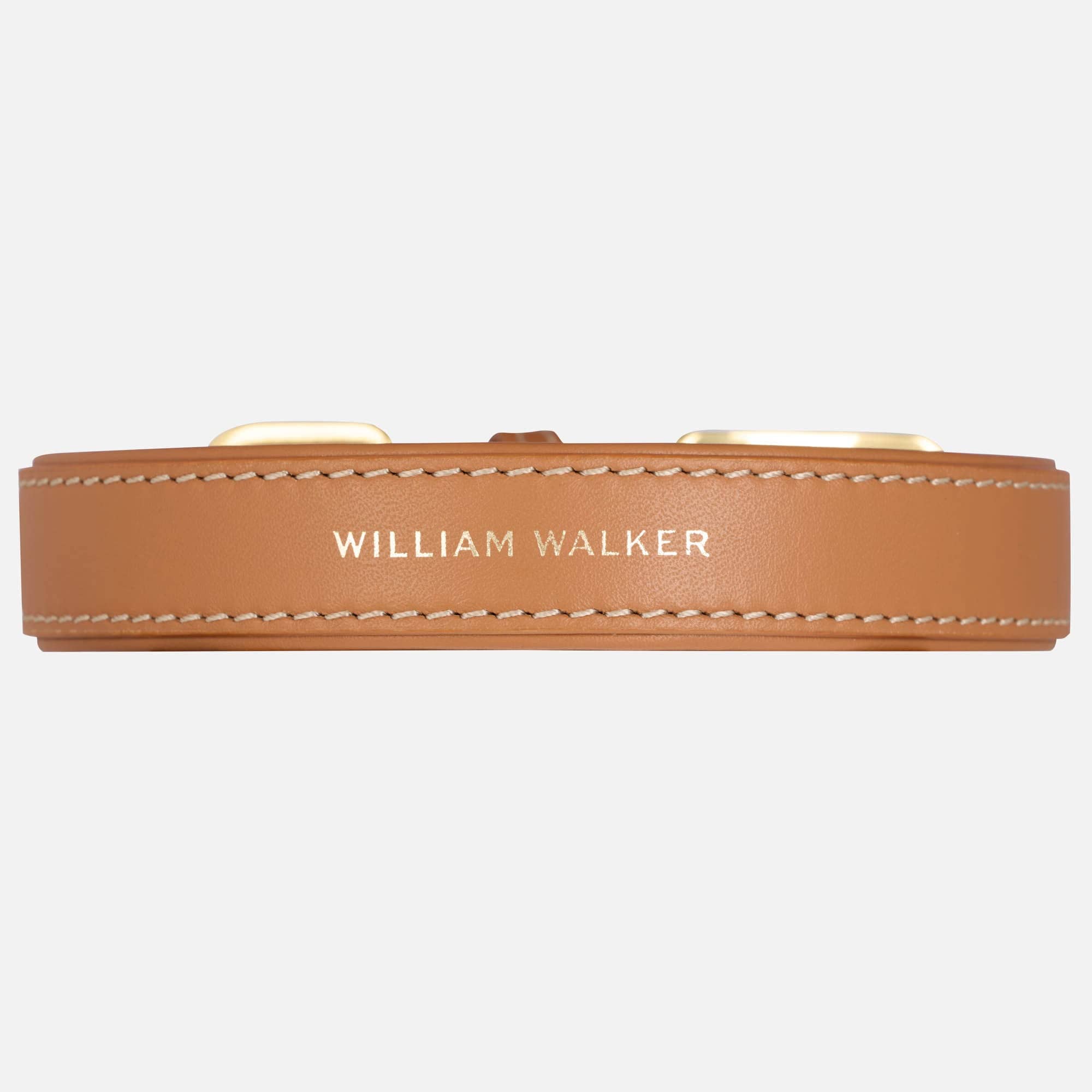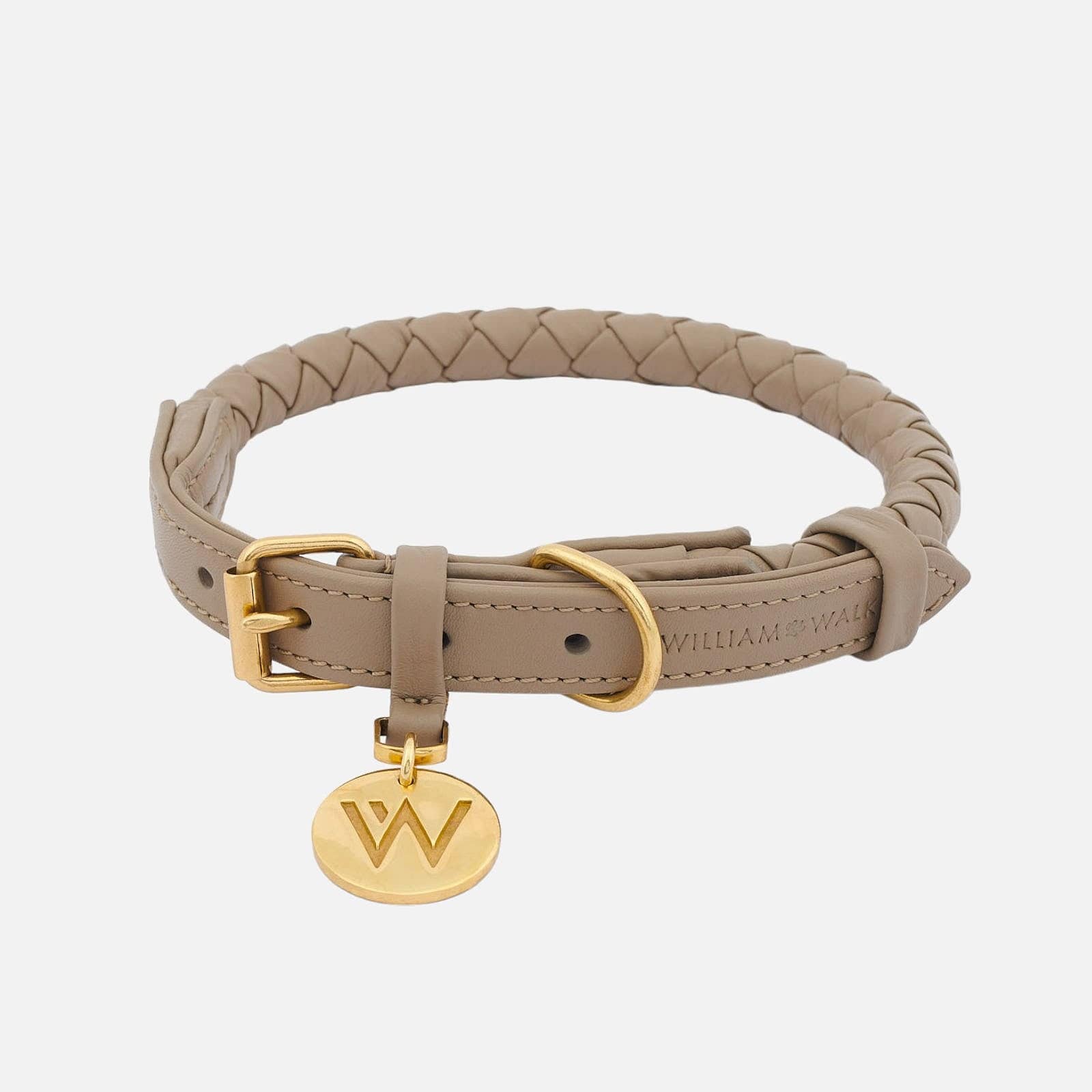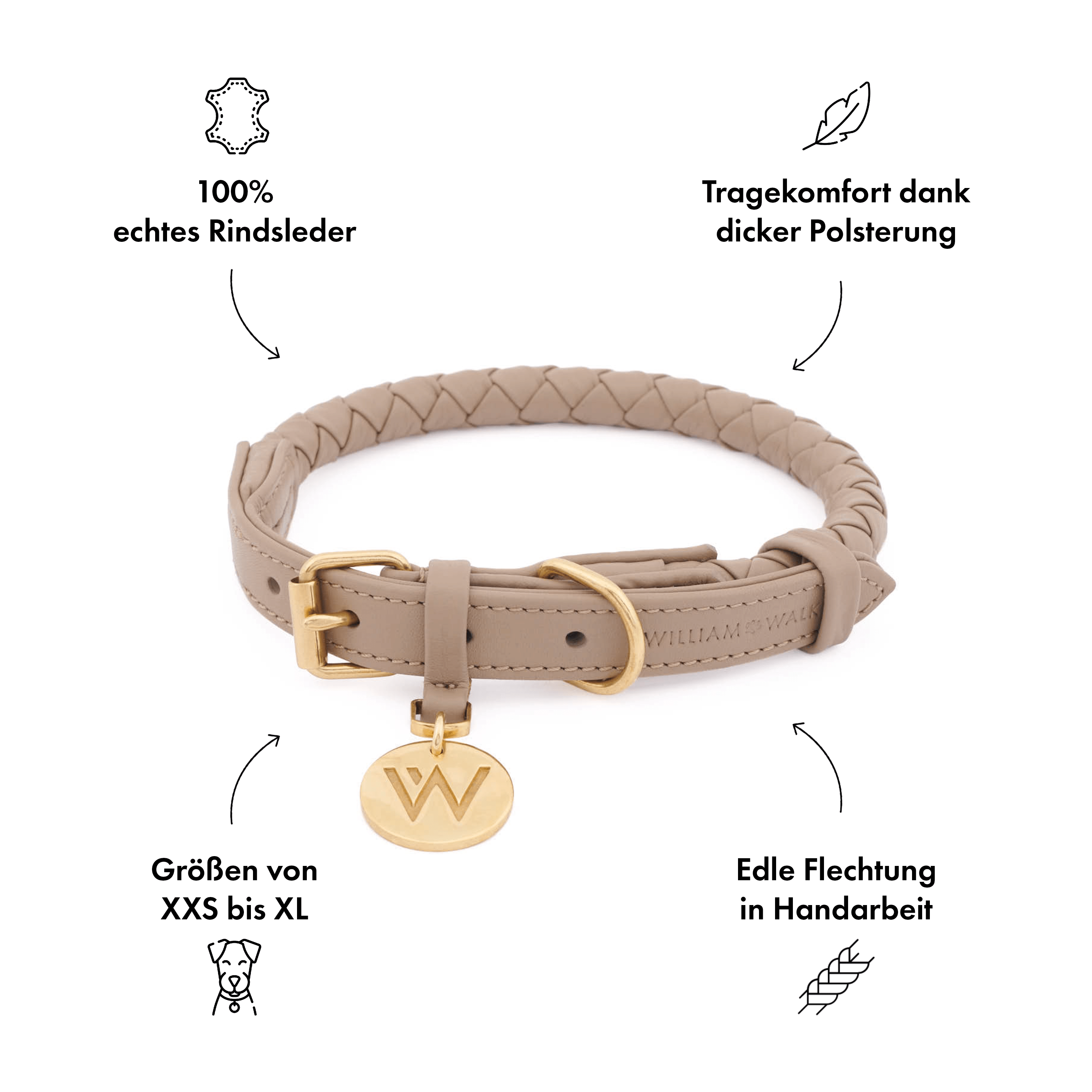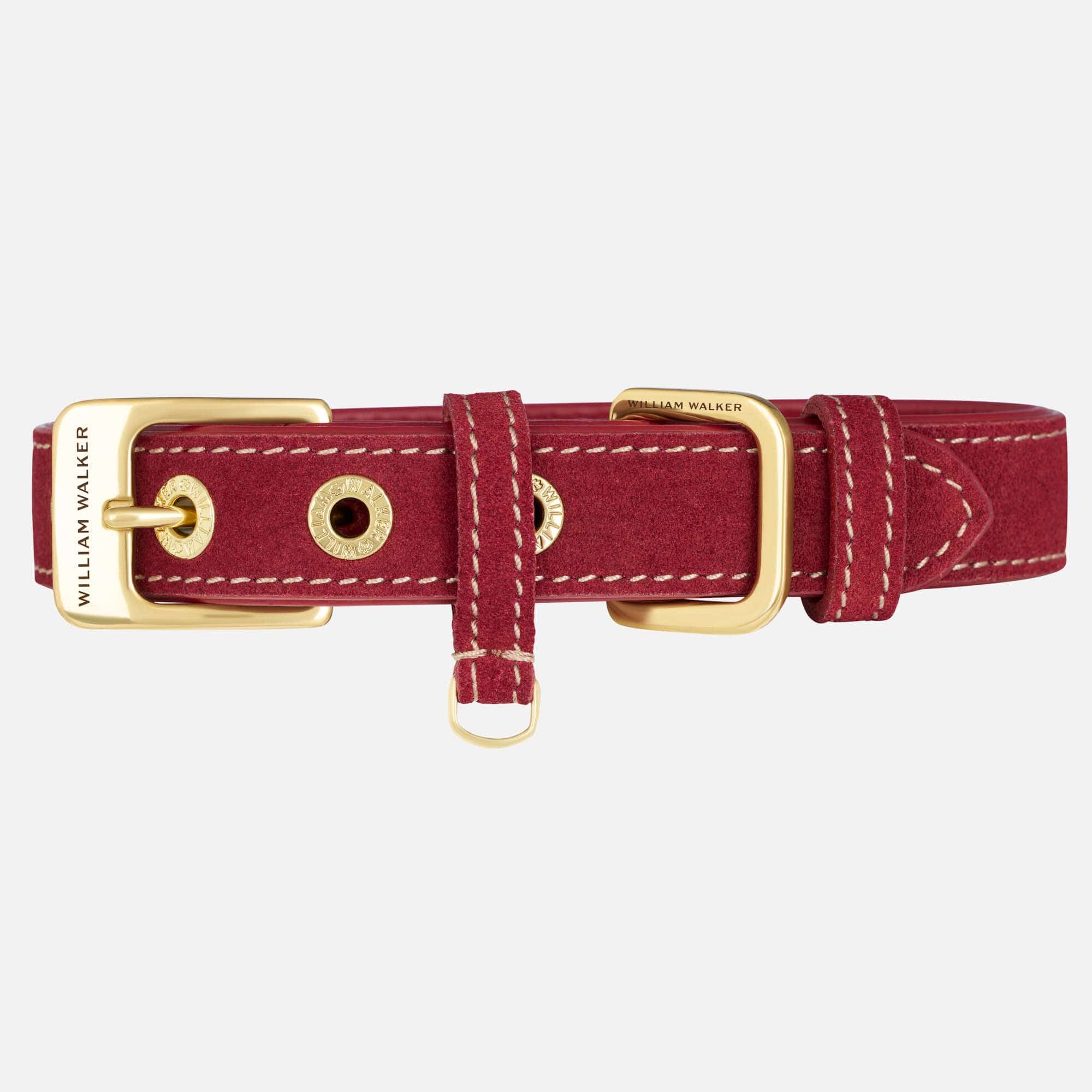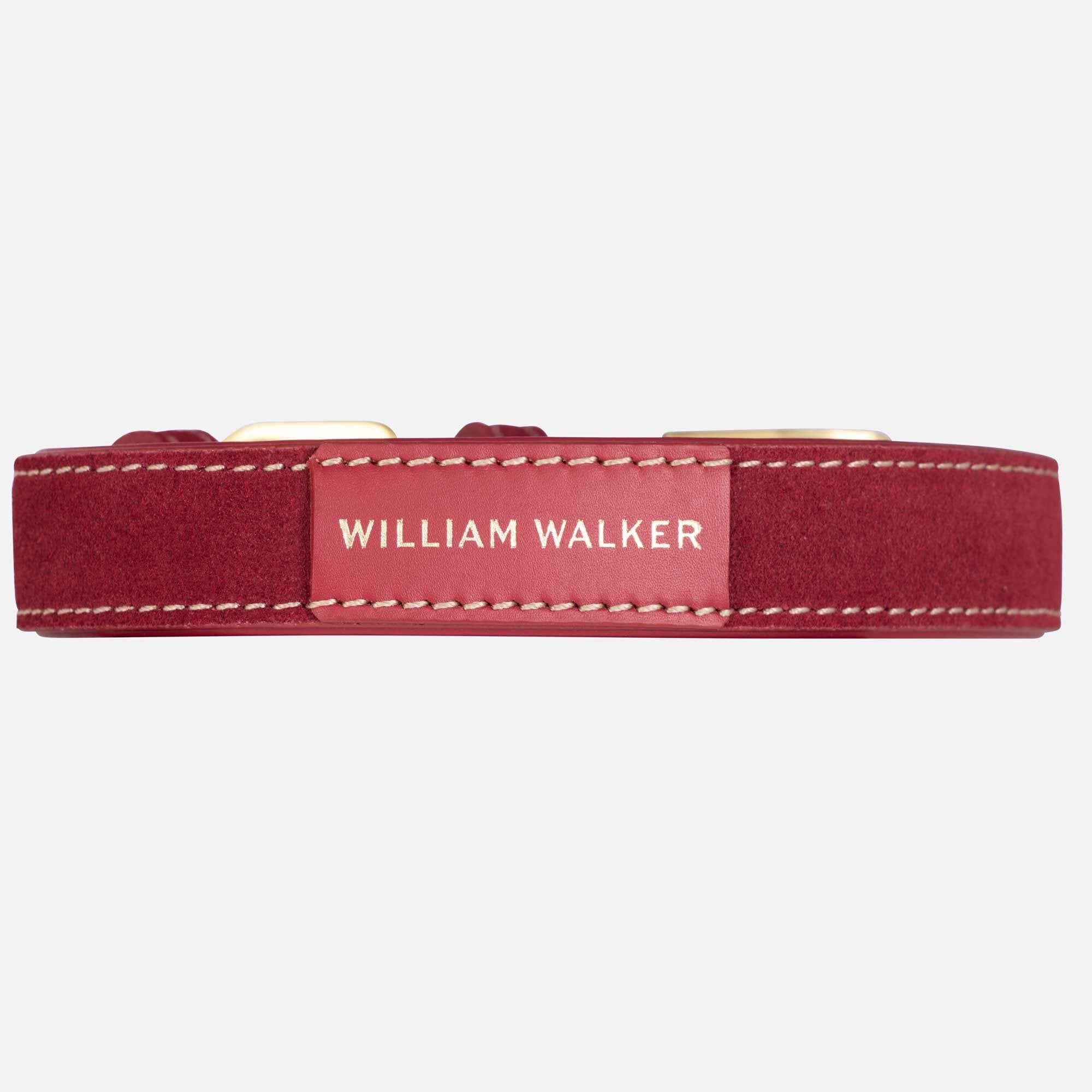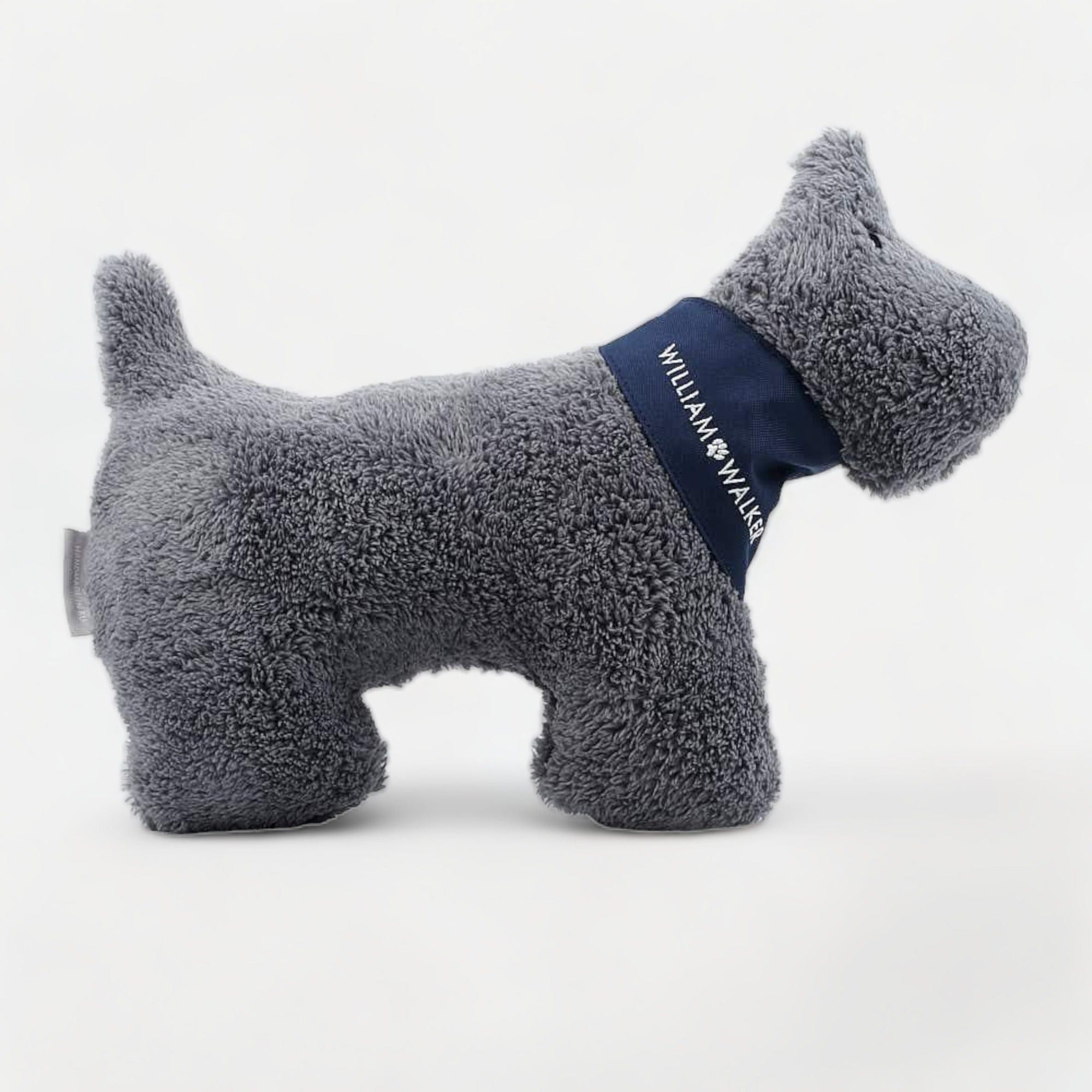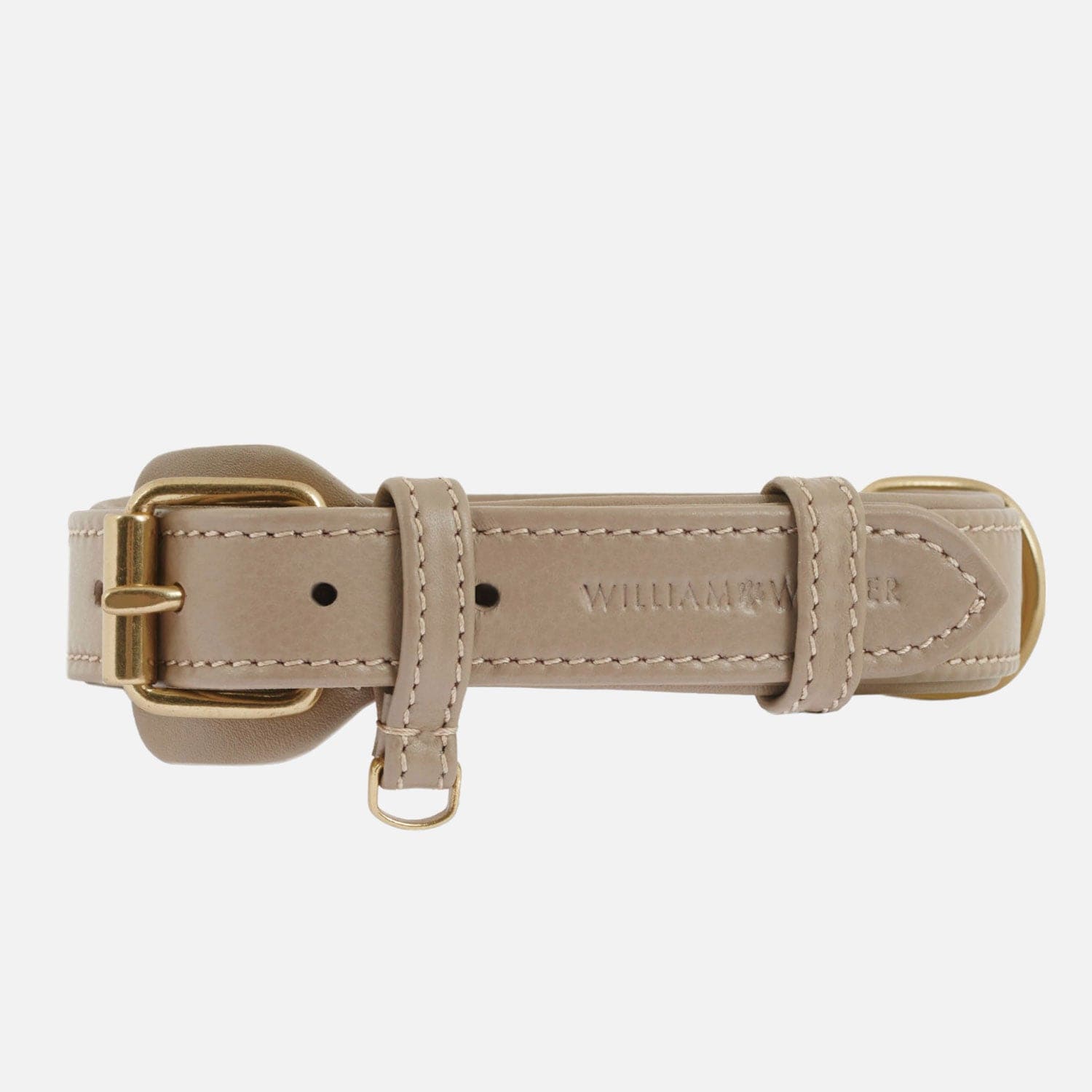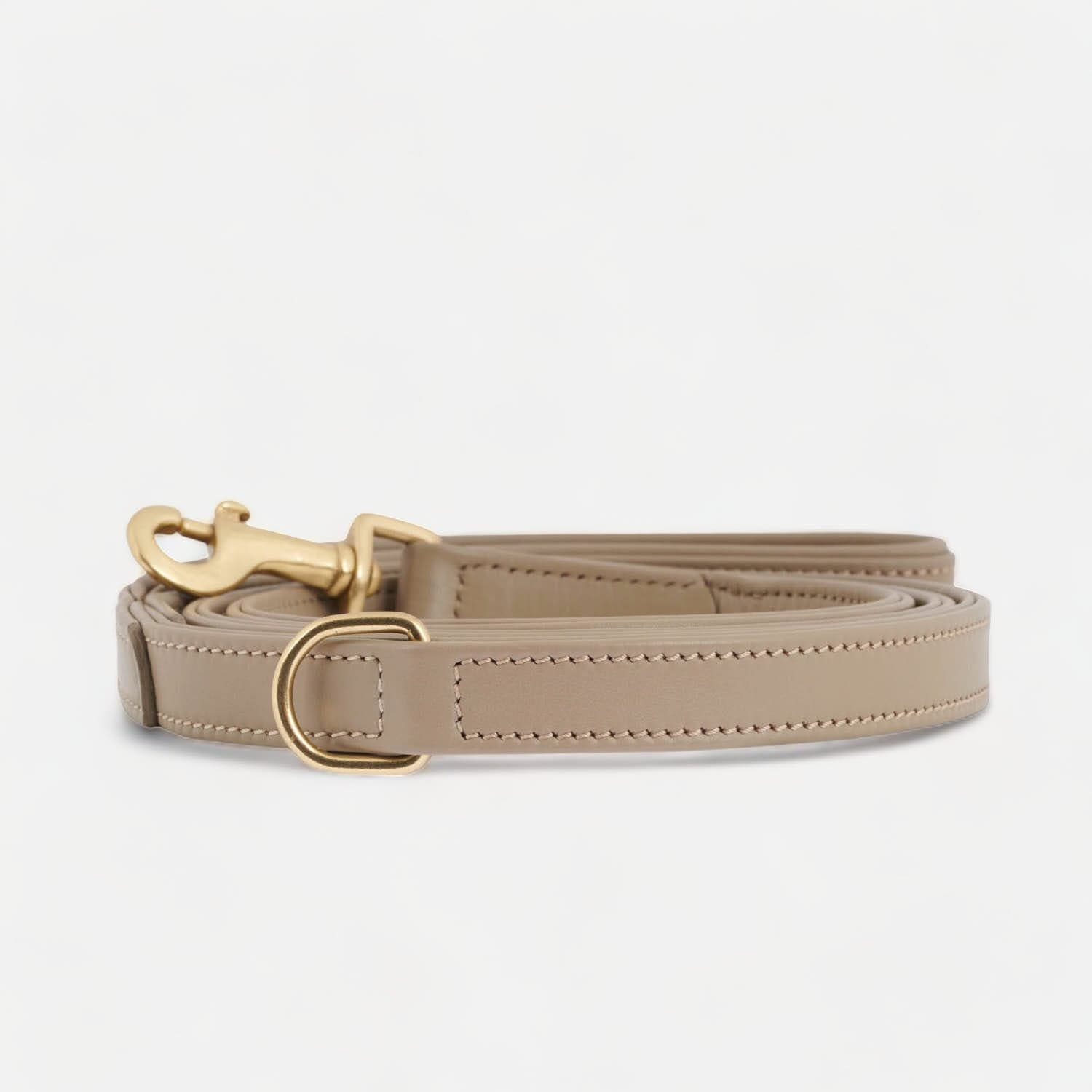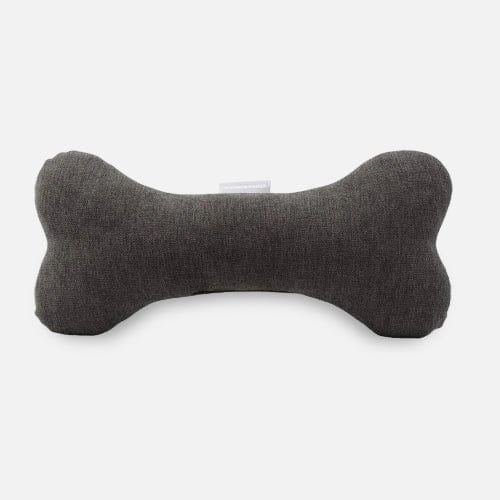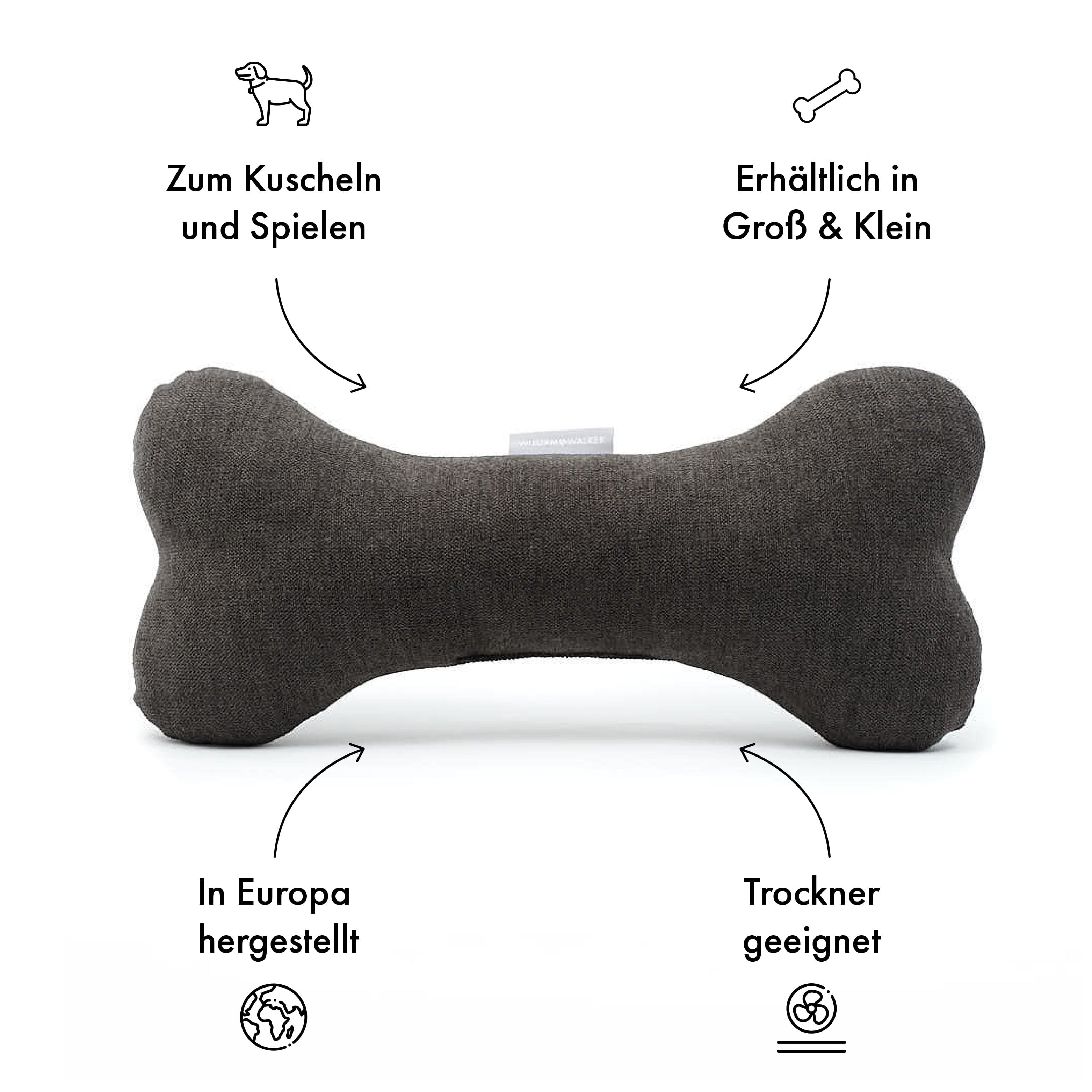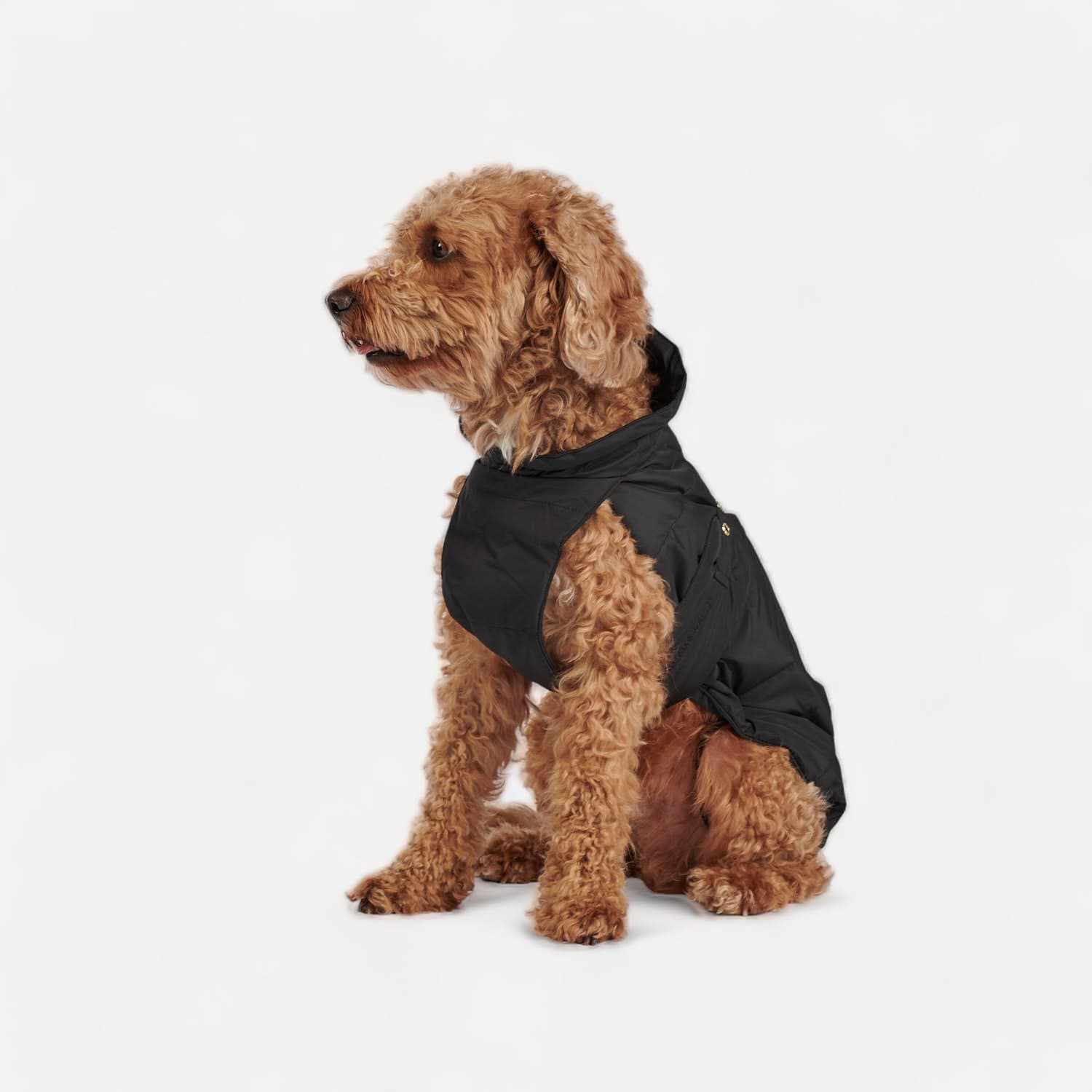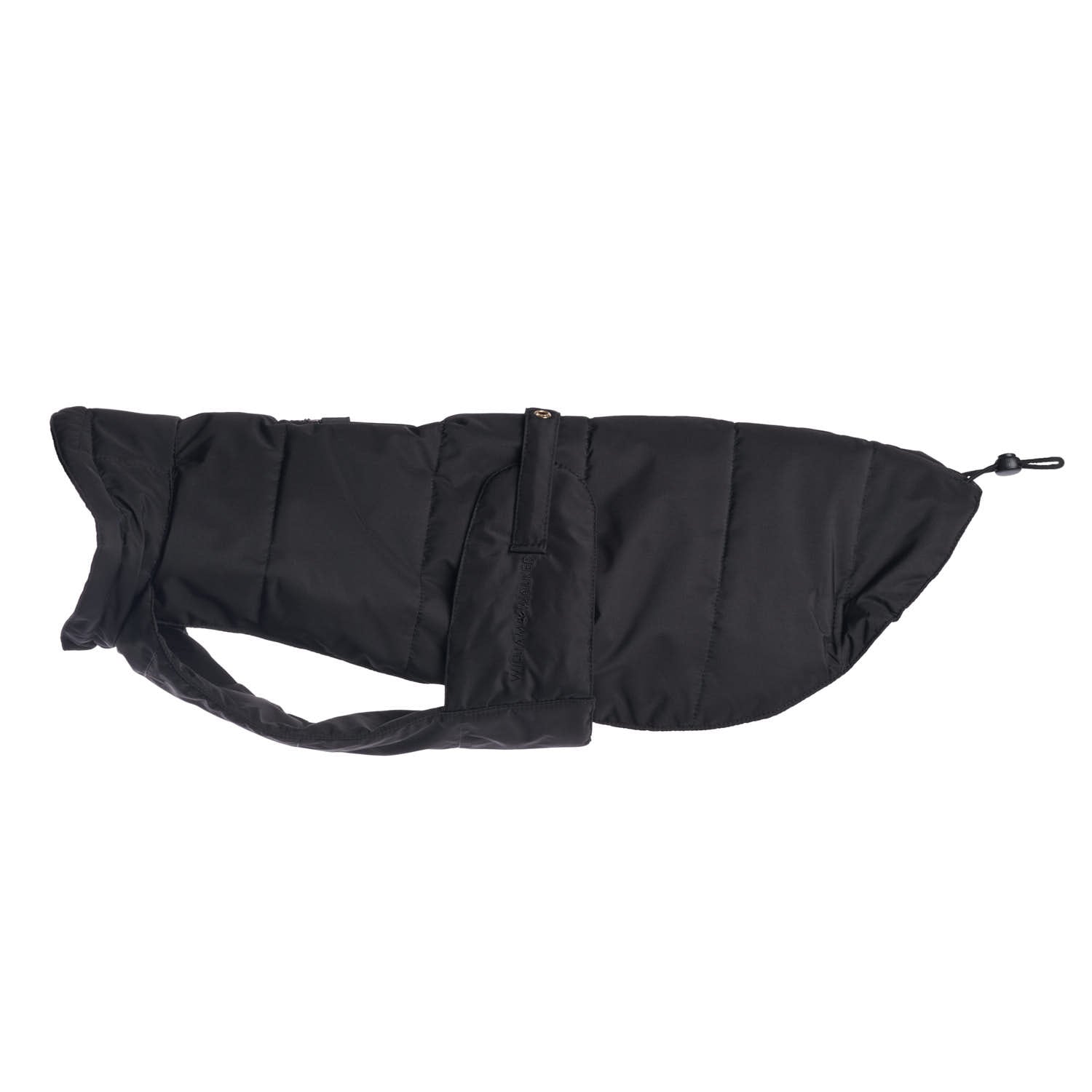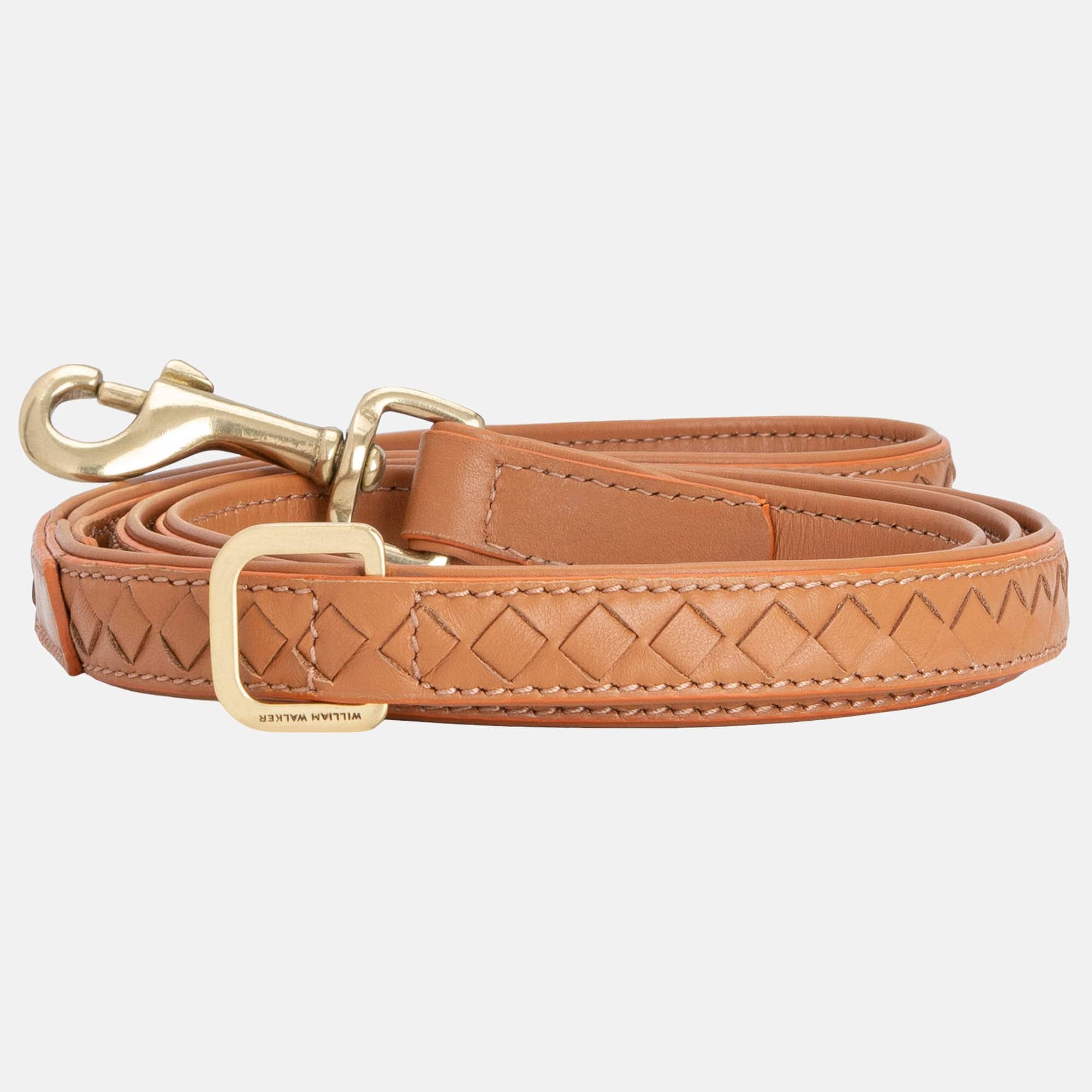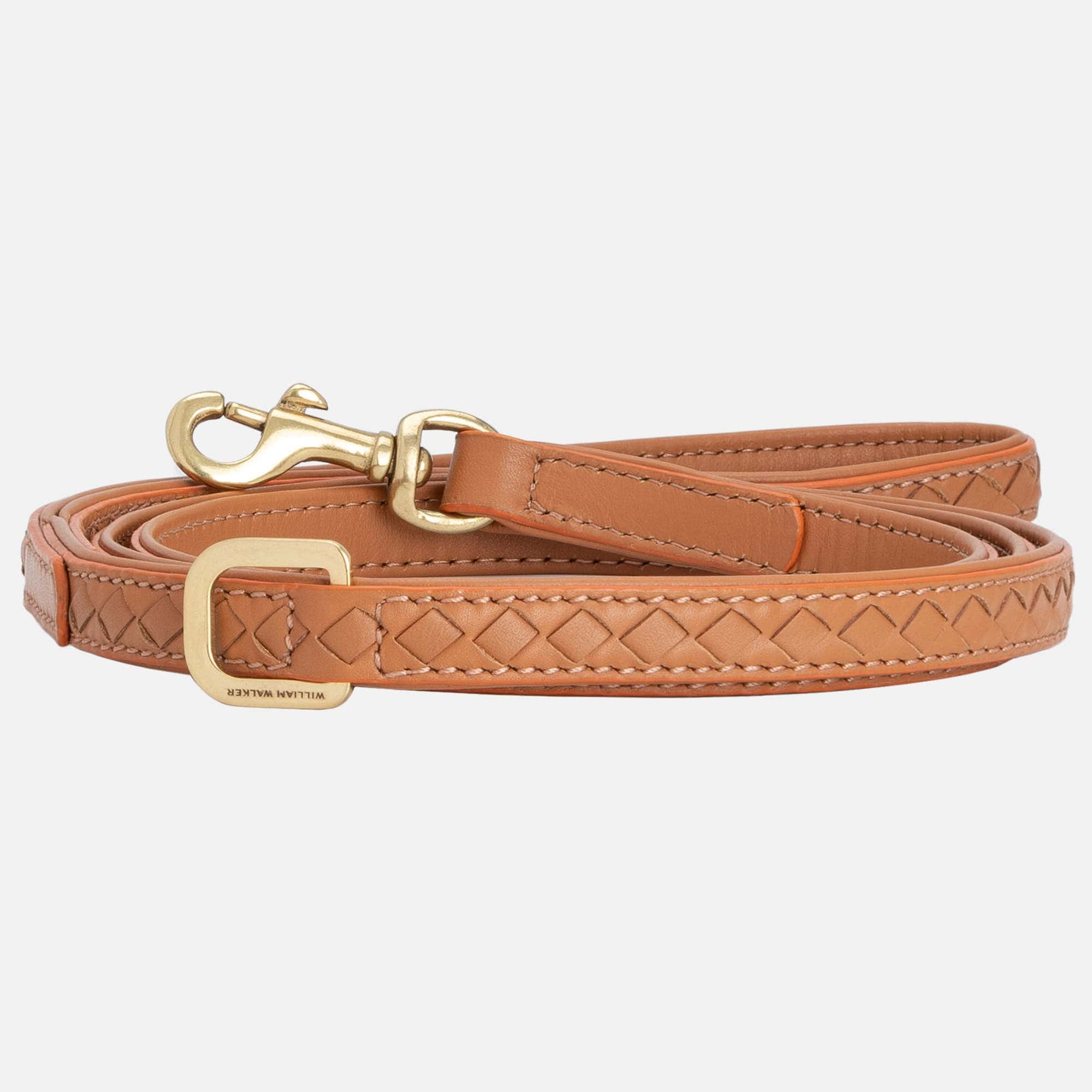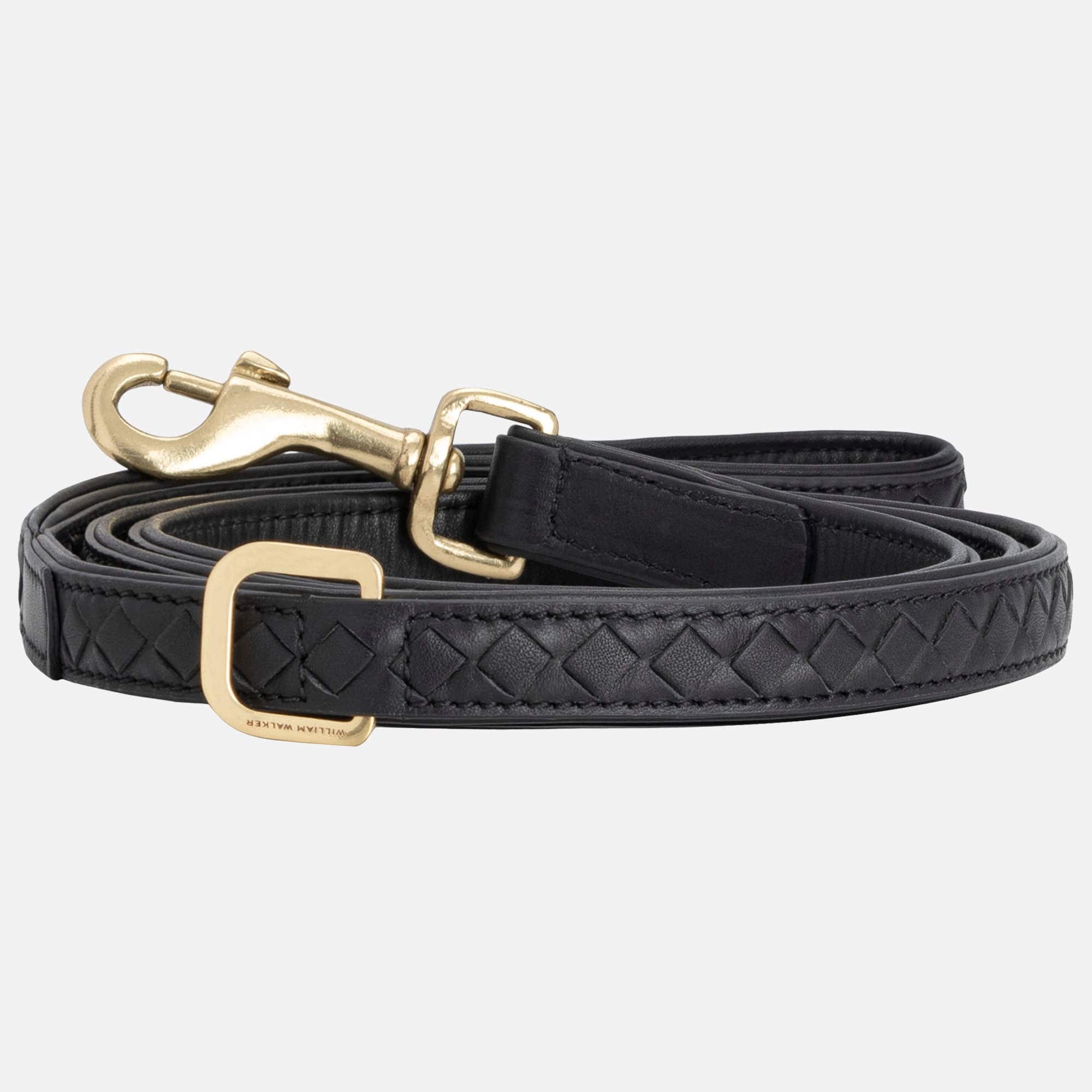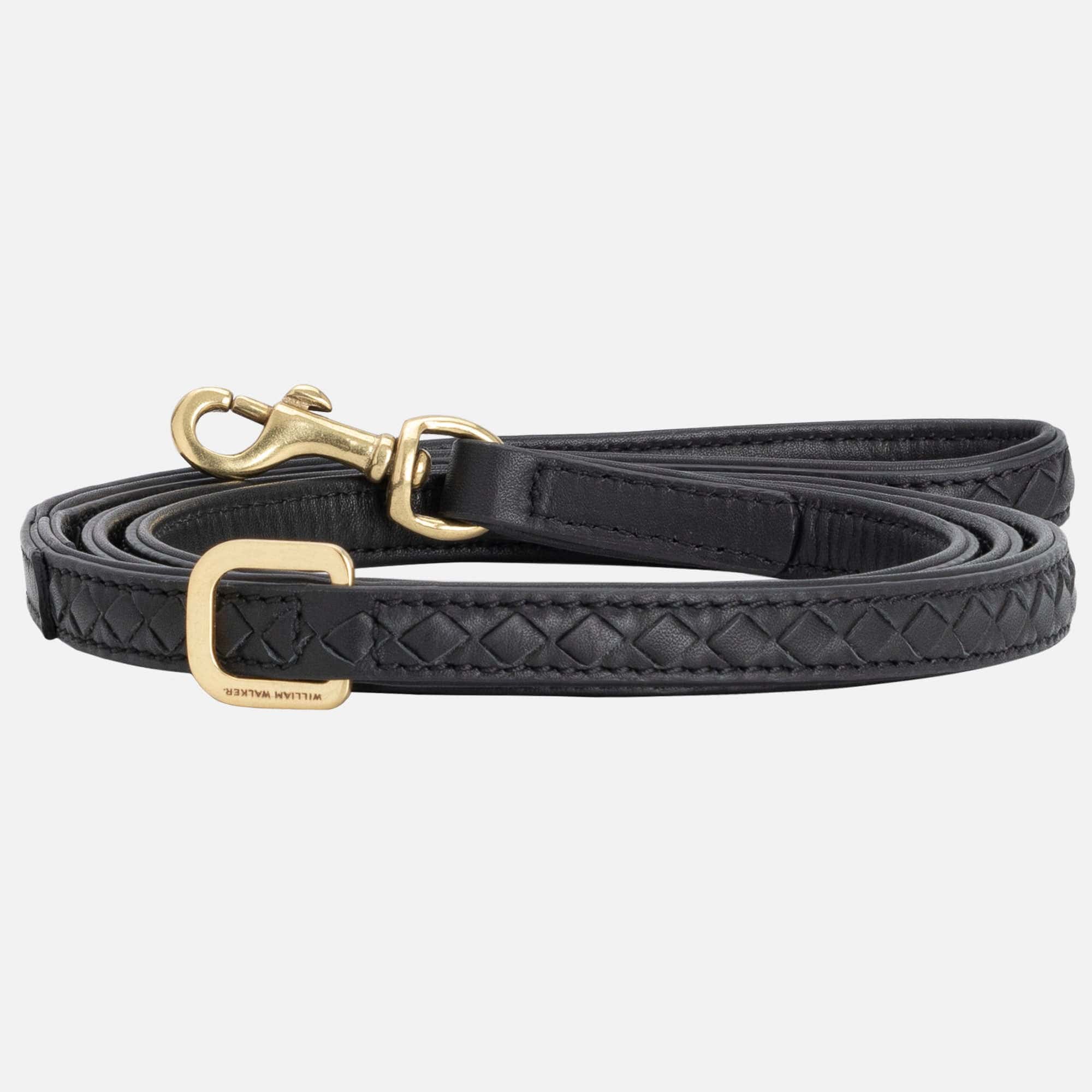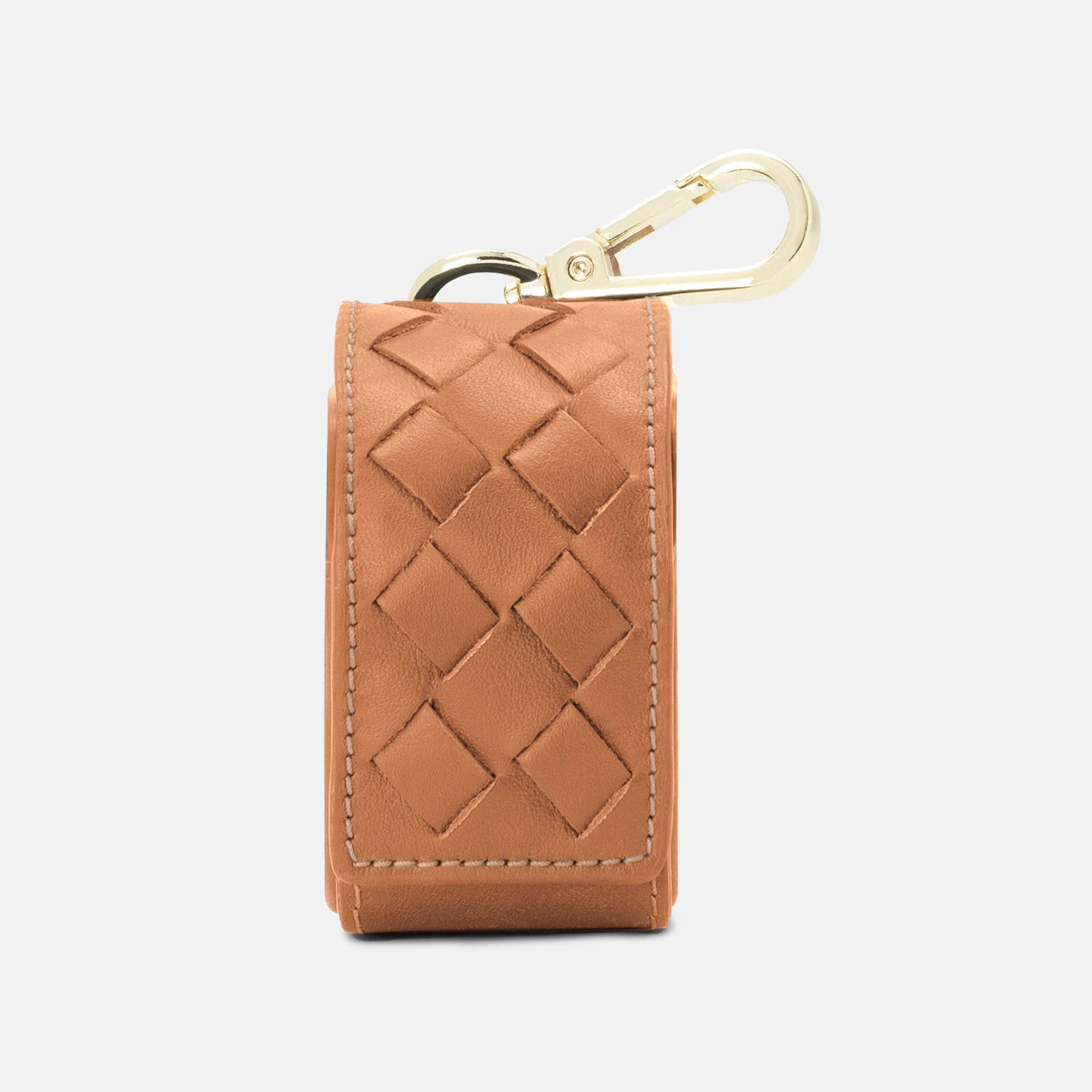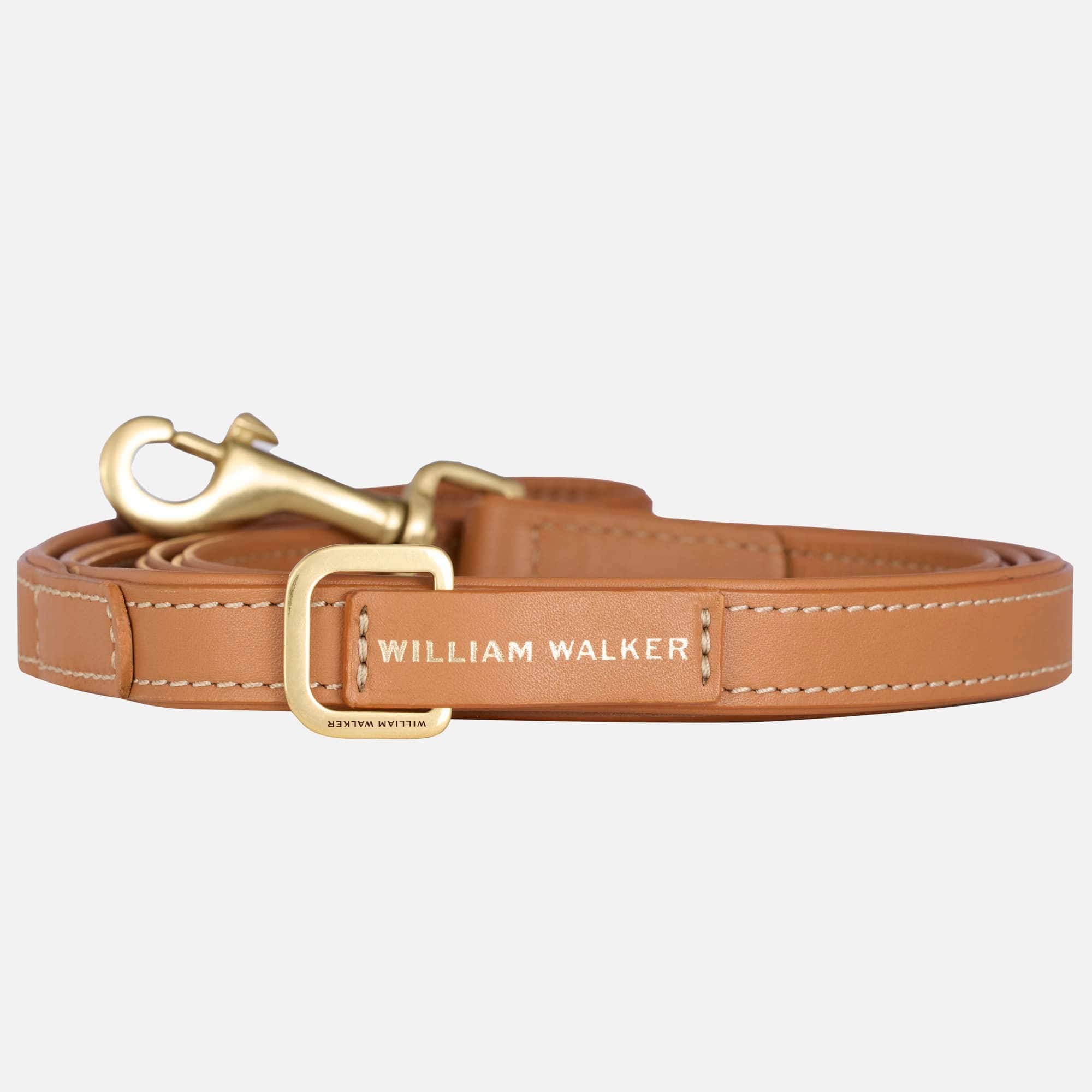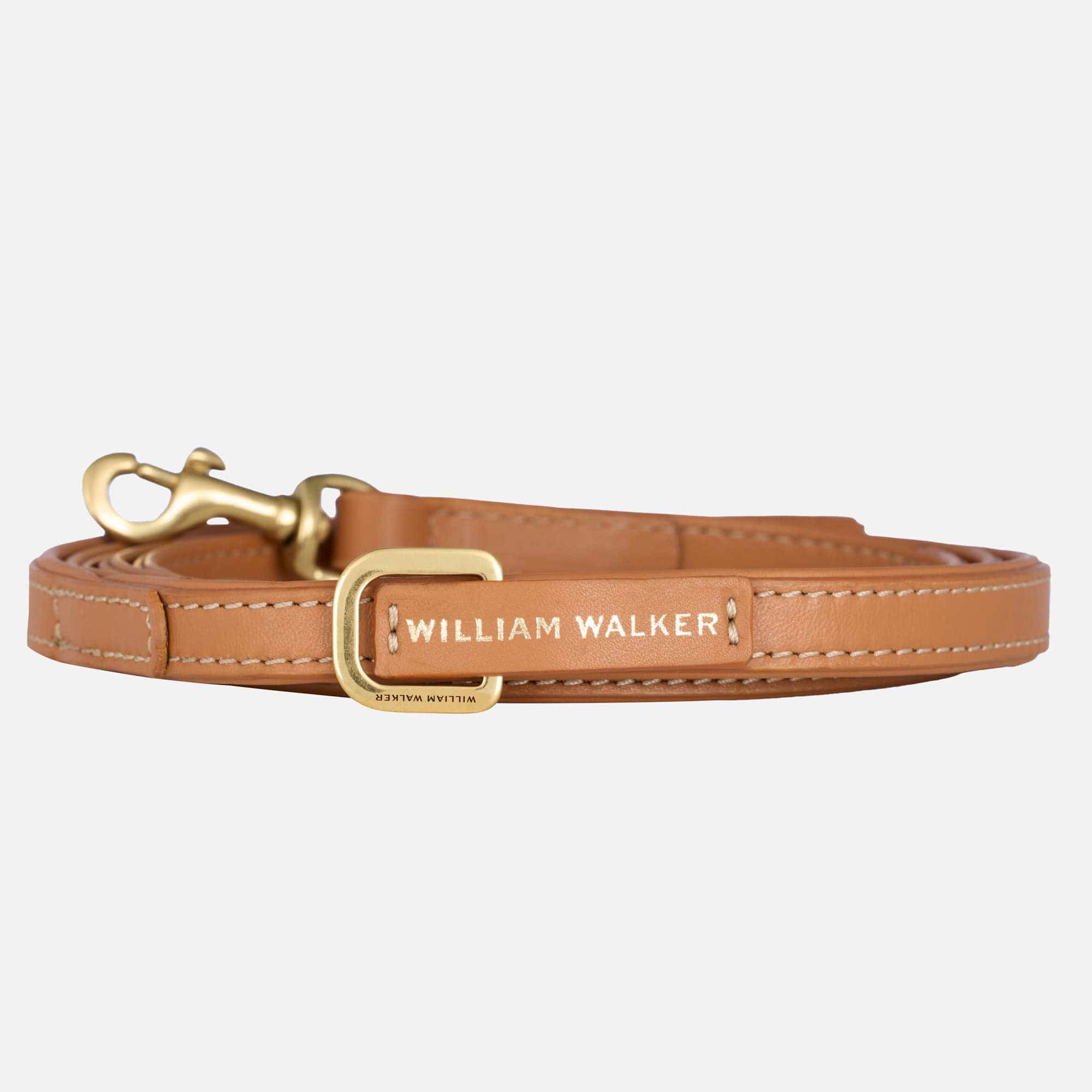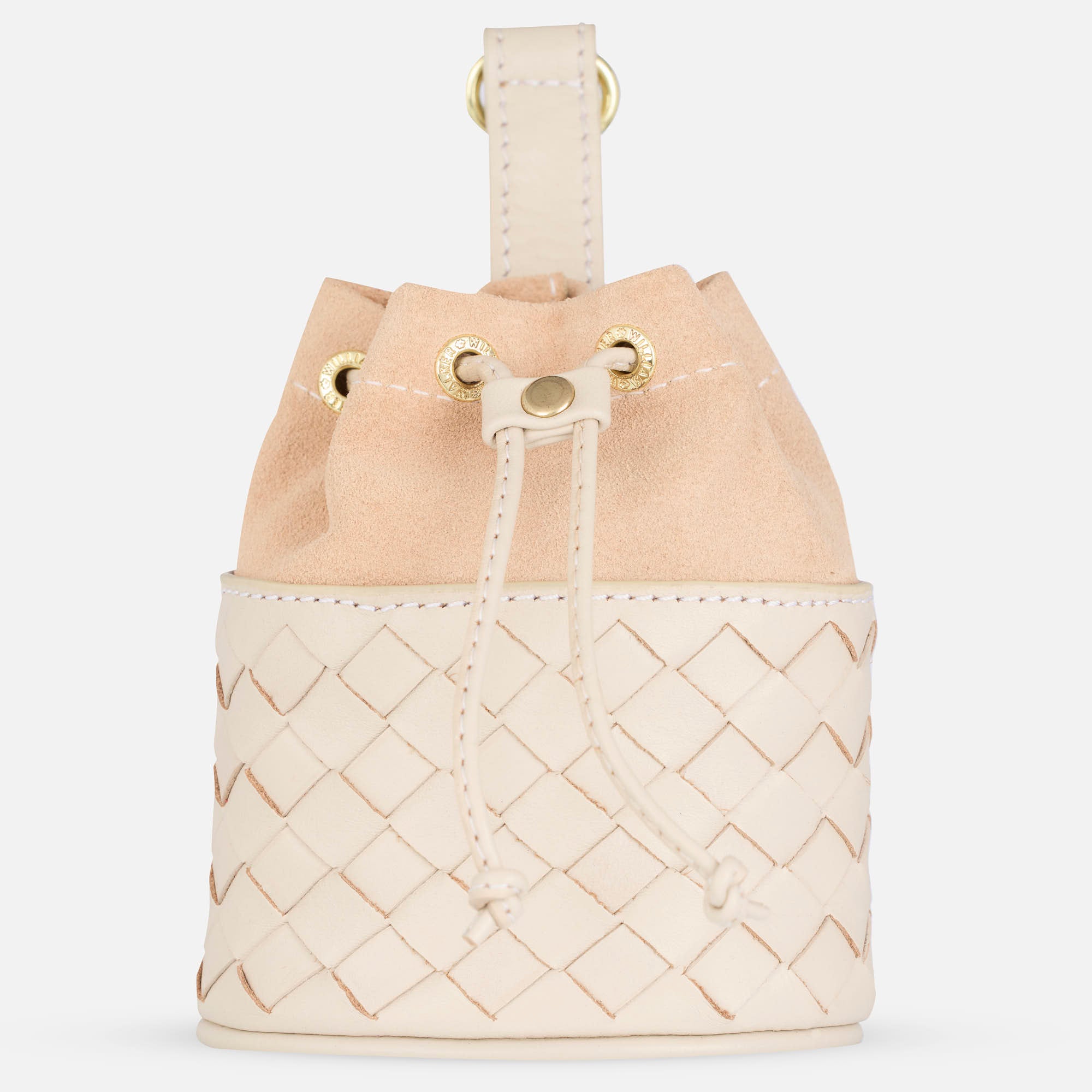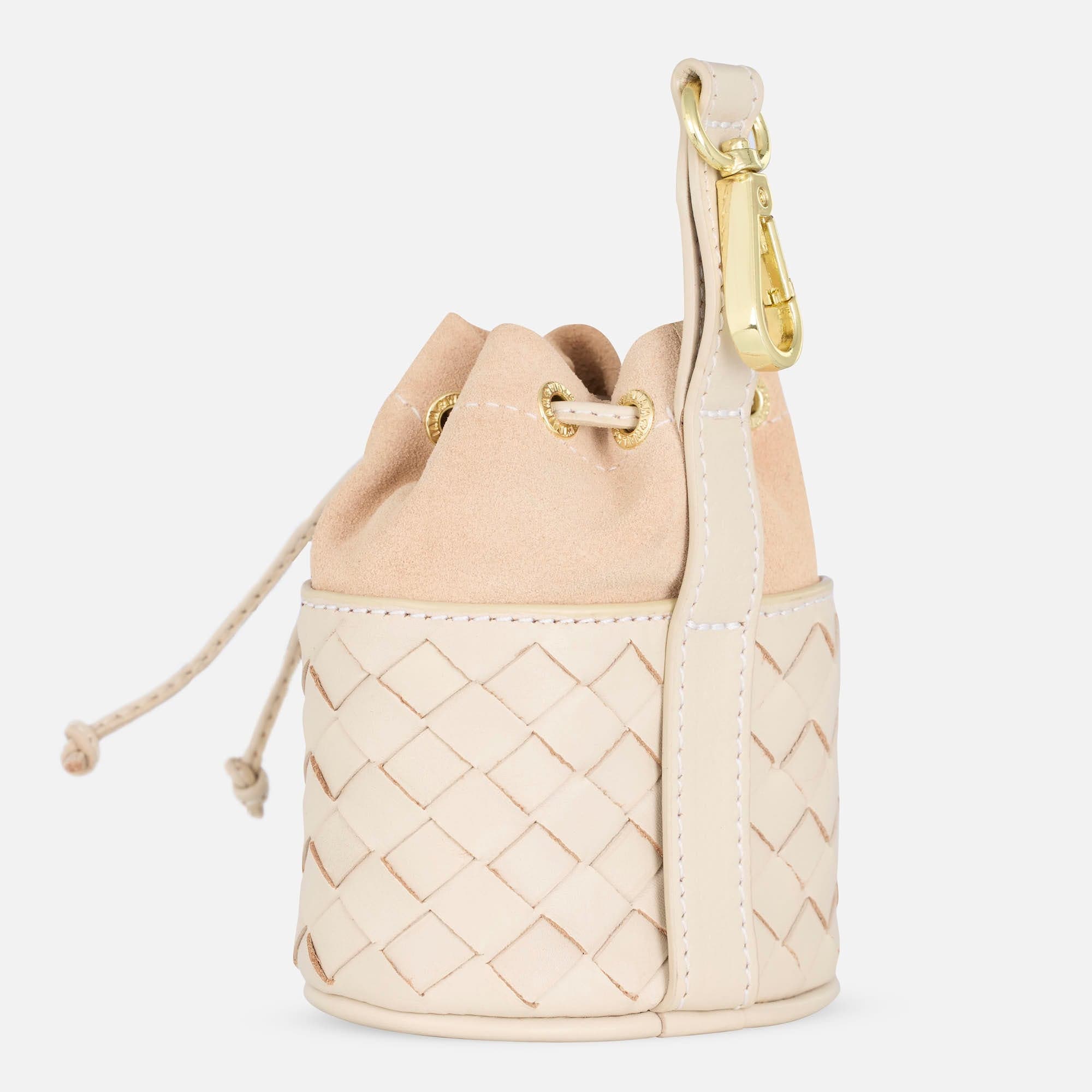For several weeks now, the new coronavirus, COVID-19, has been influencing our lives and dominating the media. News and statistics reach us daily via TV and radio: Authorities give us rules of conduct and the Charité virologist Professor Drosten brings us up to date on the latest scientific developments. Unfortunately, a lot of false information also finds its way into the media and is spread on the net - with fatal consequences. One of these misunderstandings concerns our favourite four-legged friend and goes back to a report according to which a dog in China was infected with the COVID-19 virus. The rumour that the virus can be transmitted to our pets, that they can fall ill and that people in the immediate vicinity can be infected as a result, is still alive and thriving. A big question mark has since settled in the minds of many dog owners and pet lovers, and we have also received some important questions from the William Walker community. In our FAQ: "COVID-19 and my dog" we want to answer these questions in a scientifically well-founded way and bring some clarity into this matter.
Is it true that there was a dog infected with COVID-19 in China?
The World Health Organisation (WHO) and the Department of Agriculture, Fisheries and Conservation of the Government of Hong Kong (AFCD) confirmed that a 17-year-old Pomeranian tested positive for the COVID-19 virus in Hong Kong in February. However, according to the AFCD, the test results were only weakly positive and the dog did not show any symptoms. The dog had been sent home after 14 days of quarantine and multiple negative tests.
There was also a second case in China where COVID-19 was detected in a dog. The AFCD confirmed: After one man tested positive for the virus, his two dogs were also quarantined. While one dog, a German shepherd, tested positive for the COVID-19 virus several times, no virus could be detected in the other mixed-breed dog. The dog owner and his dogs have been in quarantine since 18 March 2020. The positive tested German shepherd also shows no symptoms.
Was the owner/handler of the infected dog also infected with Corona?
In both cases, according to the AFCD, the dog owners had previously tested positive for the virus and were subsequently treated. Therefore, according to current knowledge, only these two weakly positive COVID-19 detections, are the basis for the assumption that the virus can be transmitted from the infected owner to the dog - not the other way around. The owner of the Pomeranian has recovered and is back home again. The condition of the German shepard owner is unknown.
Could the samples also have been influenced by the infected owner?
The AFCD confirmed that the positive samples were swabs taken from the dog's oral and nasal areas. The blood test that was later performed on the Pomeranian was negative. It is therefore quite possible that the samples were falsified by the contact between owner and dog. For example, the virus could have gotten into the snout of the dog through close cuddling or kissing, or could have been transported into the dog's mouth by feeding him food leftovers.
What became of the infected dog?
After 14 days of quarantine and several negative tests, the Pomeranian was sent back home. The South China Morning Post now reported that the dog died a few days after its return. The death of a beloved dog is shocking and extremely disturbing news. But in this case it is important that we take a closer look at the details.
According to AFCD, the Pomeranian, in which COVID-19 was detected, was already 17 years old. The life expectancy of this specific breed is between 14 and 16 years. It is therefore probable that the Pomeranian had simply reached the end of its life and died of old age. Maybe the enormous stress of the quarantine measures had an influence on his death, but the dog showed no symptoms until the end and was tested negative for COVID-19 shortly before his death. There were no further laboratory tests in this case. According to the South China Morning Post, the owner of the infected Pomeranian had forbidden an autopsy of her dog. So there is no scientific evidence that the COVID-19 virus had anything to do with the death of the Pomeranian.
There is currently no further information about the second positive-tested dog. However, the AFCD confirmed that the german shepherd is still asymptomatic and further tests are being conducted.
Can I get infected by my dog?
According to the World Health Organization, there is no evidence that dogs, cats or other pets can transmit COVID-19. A spokesperson for the AFCD gave the all-clear and said, "At this time, there is no evidence that pets can be a transmitter of COVID-19 for humans or that this virus can endanger the health of dogs. Pet owners should always follow good hygiene practices and under no circumstances should they abandon their pets".
Do I now have to pay attention to special hygiene with regard to my dog?
According to current knowledge, the health of your dog is not endangered by the COVID-19 virus. It is not certain whether the dogs tested positive were really infected by the new virus or whether viruses were introduced into the samples by their owners. No further hygiene measures were specified for the dog keeping. Disinfectants extremely irritate the mucous membranes of our dogs and direct contact should be avoided. By washing the dog excessively we harm our pet rather than helping them.
We, on the other hand, should now pay more attention to our own hygiene to prevent the virus from spreading among humans. This includes frequent and correct hand washing, as well as cleaning and disinfecting surfaces or devices that are used frequently, such as the smartphone. According to the WHO, it is assumed that COVID-19 viruses can remain on surfaces for as long as other corona viruses. Depending on the surface, this can be from a few hours to several days.
Our tip: It can be useful to wash the dog collar of our dog from time to time. Especially if they have been stroked while walking or by the neighbours in the hallway. Because the dog collar is also a surface from which viruses could be passed on between people. By the way, our William Walker Paracord dog collars and dog leashes are easily washable and are not only visually appealing over and over again, but also score points in the topic of hygiene.
Where can I best inform myself about the latest events on this topic?
Right now it is very important for all of us to believe only trustworthy sources. The first safe place to go for all questions concerning the COVID-19 virus (Sars-CoV-2 infection) should therefore always be the World Health Organisation (WHO). The WHO has summarized and answered the most important questions here. Serious newspapers and news portals refer to the WHO or the responsible governmental authorities directly on site and process this information for their readers. More detailed information about the infected dogs in the south of China can be found in the AFCD - Click here for the latest press releases and articles.
We hope that our answers have resolved a few question marks and calmed the worry of some dog owners. If you have further questions or comments about "COVID-19 and my dog", please leave us a comment. Keep your distance while walking your dog and above all, stay healthy.





























